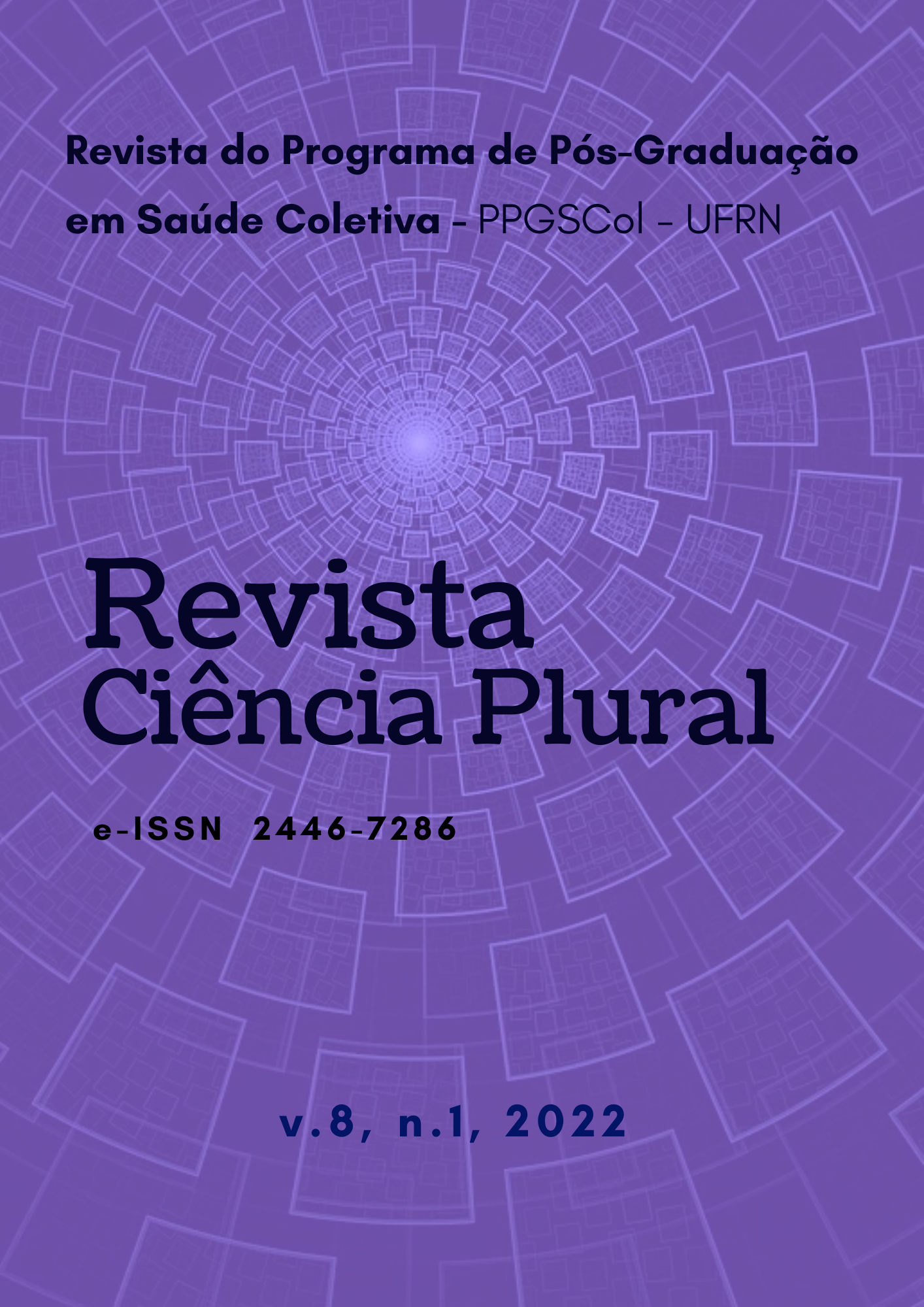Nutrient intake by primary care pregnant women in Tocantins
DOI:
https://doi.org/10.21680/2446-7286.2022v8n1ID25585Abstract
Introduction: Due to changes in maternal eating behavior during the gestational trimesters, in addition to daily and seasonal variations, changes in nutrient intake may occur, which directly impact obstetric outcome, especially during the first trimester of pregnancy. Objective: to investigate the consumption of nutrients by adult pregnant women, assisted in primary care in Palmas, Tocantins, seeking to early identify preventable deviations through prenatal dietary guidelines. Methodology: the study investigated 50 women in four of the seven health territories in Palmas, through a recall that investigated food consumption in the 24 hours prior to the interview. The daily intake of energy, carbohydrates, proteins, total lipids, iron, calciferol, folate and cobalamin were estimated by Dietbox without considering the nutrients obtained through drug supplementation. Data were analyzed using the Statistical Package for Social Sciences version 23.0 (SPSS) using descriptive statistics. Results: high percentages of inadequate intake were observed for all macro and micronutrients studied in the population of pregnant women. 82% of pregnant women with inadequate energy intake stood out; 98% unsuitable for folic acid and 94% for iron and cobalamin. The daily intake of calciferol was inadequate in 100% of the pregnant women. Conclusion: the group of pregnant women studied is ingesting less than recommended nutrients, and the mother-child binomial is subject to undesirable obstetric results, if no intervention is performed.
Downloads
Downloads
Published
How to Cite
Issue
Section
License
À Revista Ciência Plural ficam reservados os direitos autorais referente a todos os artigos publicados.

 Português (Brasil)
Português (Brasil) English
English Español (España)
Español (España)










2.png)
